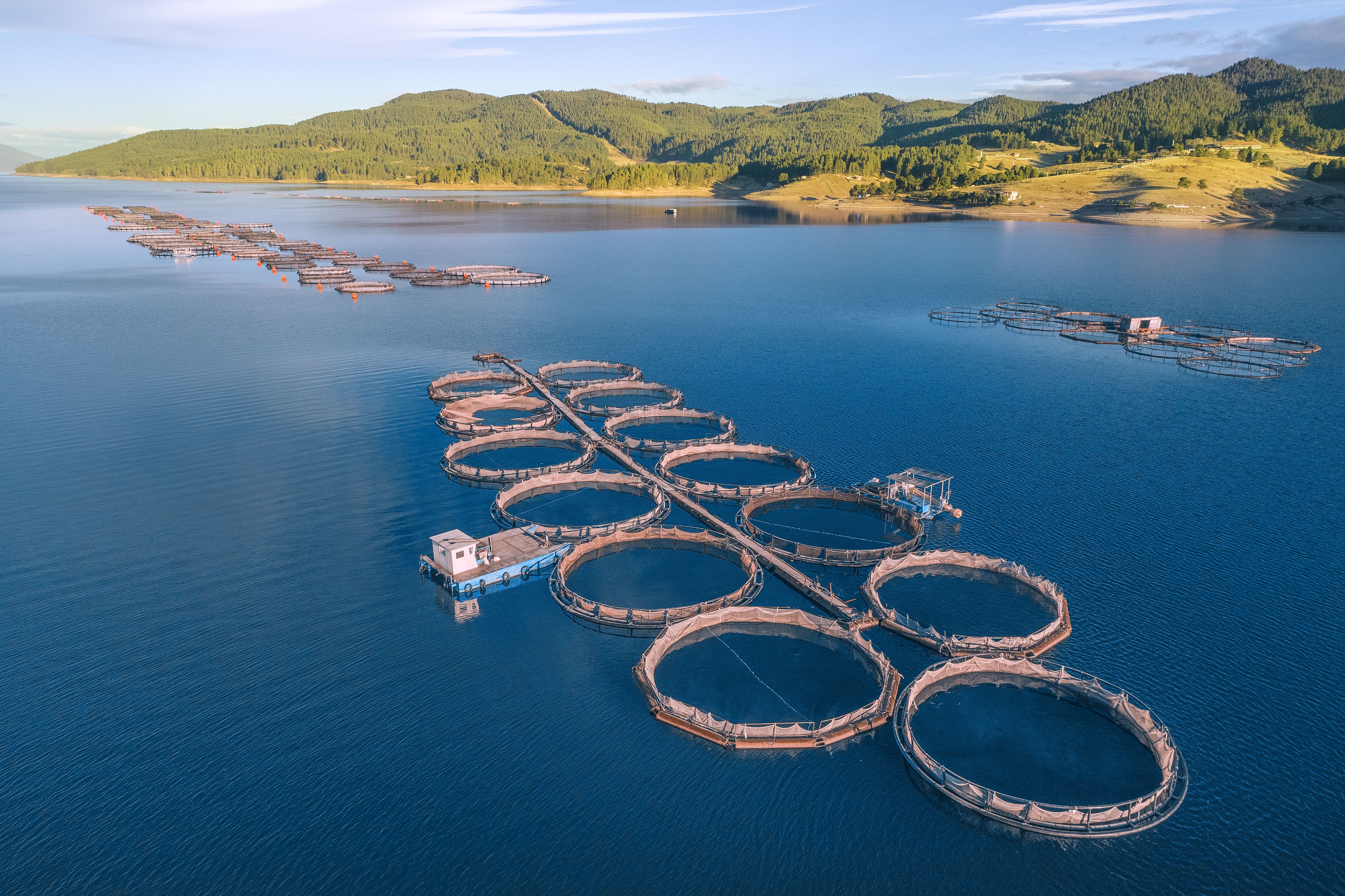Choosing Sustainable Seafood Suppliers for a Better Future
Understanding the Importance of Sustainable Seafood
As awareness of environmental concerns grows, more consumers and businesses are looking to make sustainable choices. One critical area is the seafood industry, where overfishing and destructive practices have led to the depletion of many fish populations. By choosing sustainable seafood suppliers, we can help protect marine ecosystems and ensure that future generations can enjoy seafood too.

What Defines a Sustainable Seafood Supplier?
A sustainable seafood supplier is one that sources its products in a way that minimizes environmental impact. This includes practices like avoiding overfishing, reducing bycatch, and ensuring that fish stocks remain healthy. Certifications from organizations such as the Marine Stewardship Council (MSC) are often a good indicator of sustainability.
These suppliers also focus on transparency, providing detailed information about their sourcing methods and the origins of their products. This transparency helps consumers make informed decisions about the seafood they purchase.
Benefits of Choosing Sustainable Seafood
Opting for sustainable seafood brings numerous benefits beyond environmental protection. It supports responsible fishing communities and helps maintain biodiversity in our oceans. Additionally, sustainable practices often result in better quality seafood, as healthier fish populations tend to produce superior products.
How to Identify Sustainable Seafood Suppliers
Finding the right suppliers can seem daunting, but there are several steps you can take to ensure your seafood choices are sustainable.
- Look for Certification Labels: Labels from organizations like MSC or Aquaculture Stewardship Council (ASC) indicate that the supplier meets rigorous sustainability standards.
- Research Supplier Practices: Investigate how suppliers source their seafood. Transparent suppliers will often provide detailed information on their websites or upon request.
- Use Seafood Guides: Resources like the Seafood Watch guide can help you determine which seafood options are sustainable.
The Role of Businesses in Promoting Sustainability
Businesses play a crucial role in driving the demand for sustainable seafood. By prioritizing suppliers that adhere to sustainable practices, companies can influence market trends and encourage more suppliers to adopt eco-friendly methods.
Restaurants, in particular, have a significant impact on consumer choices. By offering sustainably sourced seafood dishes and educating customers about their benefits, they can promote broader awareness and change.

Challenges in the Sustainable Seafood Industry
Despite increasing interest in sustainability, challenges remain. Mislabeling and fraud can still occur, making it difficult for consumers to trust that their seafood is truly sustainable. Global supply chains can also complicate efforts to verify sourcing practices.
Additionally, not all regions have access to the same resources or certifications, which can limit options for both suppliers and consumers looking to make sustainable choices.
The Future of Sustainable Seafood
The future of sustainable seafood depends on ongoing commitment from both consumers and industry players. As demand for environmentally friendly options grows, more suppliers will likely adopt sustainable practices. Technology may also play a role, with advancements in traceability helping to ensure the integrity of supply chains.
Ultimately, by making informed choices today, we can contribute to a healthier planet and a thriving seafood industry for years to come.
Commercial Kitchen Marketplace
Your one-stop online destination for equipping professional kitchens. Discover a wide selection of durable, high-quality commercial-grade appliances, from heavy-duty ovens and refrigeration units to efficient food preparation tools and essential kitchenware. Visit our store: http://avice.org
